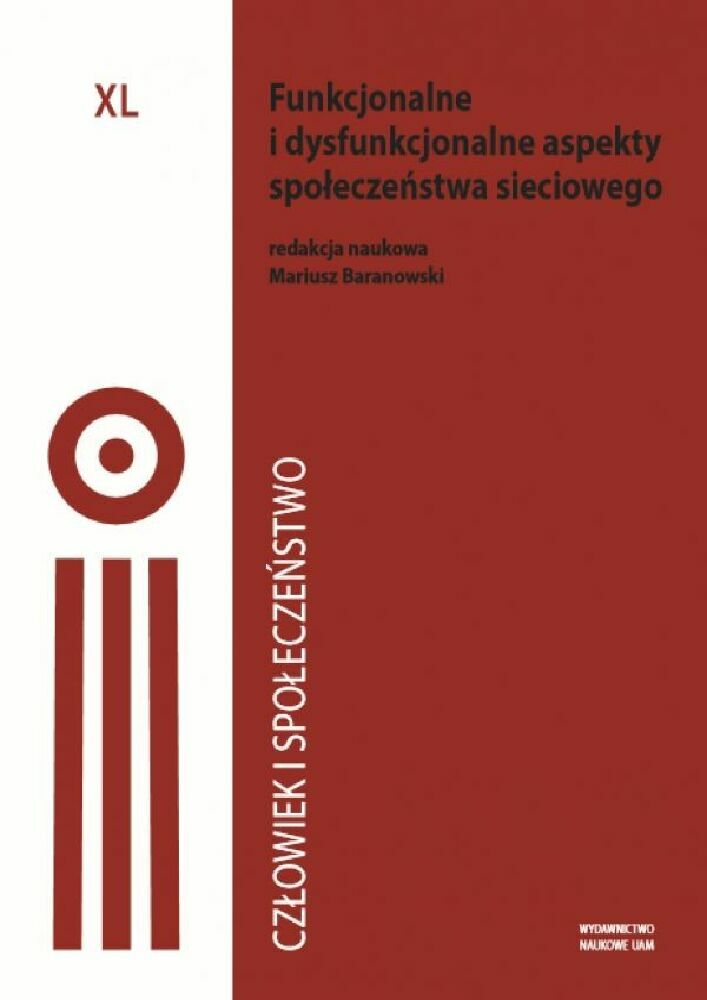Abstract
In the paper, the possibilities and conditions of restriction imposed on the free speech principle, in crisis situations, are discussed. Particularly, the impact of the new social media is presented, on possibilities to manage and control information. Firstly, the tension is discussed between civil liberties-, and free speech, and the rights to suspend the liberties on the basis of ensuring national or public security. The contradiction between the freedom and security principles is emphasized. Secondly, the issue of mass behavioural control is presented and the role of crisis management agencies, in the panic situations, when informational uncertainties lead to unstable, contagious behaviour. Thirdly, the role of the media is analyzed and the emergence of the new social media, which has influenced significantly informing during crisis situations. Fourthly, case studies are examined: the Fukushima nuclear power plant accident, Japan, when the media played a major role, and the Chernobyl nuclear power plant accident and Wrocław smallpox epidemic. In the latter cases the information flow
was highly controlled and the public was not openly instructed. Finally, conclusions are proposed.
References
Barendt E., Freedom of speech, Oxford 2005.
Cellary W., Raport: Polska w drodze do globalnego społeczeństwa informacyjnego, Poznań 2002.
Chernobyl Report-Final-240102, The Human Consequences of the Chernobyl Nuclear Accident, A Strategy for Recovery, A Report Commissioned by UNDP and UNICEF with the support of UN-OCHA and WHO, 25.01.2002, http://www.criirad.org/actualites/tchernobylfrancbelarus/conclusionsonu_aieasept05/impactsocioeconomique.pdf [12.11.2014].
Coleman J., Foundations of social theory, Boston 1990.
Daft R.L., Lengel R.H., Organizational information requirements, media richness, and structural design, „Management Science” 32 (5)/1986.
Fahy R.F., Proulx G., Aiman L., Panic or not in fire: Clarifying the misconception, „Fire and Materials” 36 (5-6)/2012.
Frei D., Sicherheit: Grundfragen der Weltpolitik, Stuttgart 1977.
Goban-Klas T., Media i terroryści. Czy zastraszą nas na śmierć?, Kraków 2009.
Gogołek W., Komunikacja sieciowa. Uwarunkowania, kategorie, paradoksy, Warszawa 2010.
Goliński M., Społeczeństwo informacyjne. Geneza koncepcji i problematyka pomiaru, Warszawa 2011.
Hardin G., The tragedy of the commons, „Science” 162/1968.
Hołyst B., Terroryzm, Warszawa 2011.
Kaplan A.M., Haenlein M., Users of the world, unite! The challenges and opportunities of Social Media, „Business Horizons” 53/2010.
Klapp O., Currents of unrest: An introduction to collective behavior, New York 1972.
Krzysiek P., Miszczuk R., Środki masowego przekazu po 11 września 2001 roku, w: K. Kowalczyk,
W. Wróblewski (red.), Oblicza współczesnego terroryzmu, Toruń 2006.
Lewin L., Self-interest and public interest in Western politics, Oxford 1991.
Ostrom E., Understanding Institutional Diversity, Princeton 2005.
Papińska-Kacperek J. (red.), Społeczeństwo informacyjne, Warszawa 2008.
Proulx G., Sime J.D., To prevent „panic” in an underground emergency: Why not tell people the truth?, w: G. Cox, B. Langford (red.), Fire Safety Science: Third International Symposium, Elsevier Applied Science, London 1991.
Rodotà S., Sicurezza o libertà?, „La Repubblica” 6.01.2010, tłum. za: http://www.voxeurop.eu/pl/content/article/164051-wolnosc-czy-bezpieczenstwo [10.04.2014].
Rostboll Ch., Preferences and Paternalism: On Freedom and Deliberative Democracy, „Political Theory” 33 (3)/2005.
Samorządowy Informator SMS (SI SMS) lider w dostarczaniu systemów do bezpośredniej komunikacji i ostrzegania mieszkańców gmin w Polsce wykorzystywany przez samorządy, http://www.sisms.pl/pl/glowna.html [20.05.2014].
Skotnicka-Palka M., 97 dni grozy. Epidemia ospy prawdziwej we Wrocławiu, „Pamięć i Przyszłość” 3/2013.
Strupczewski A., Czarnobyl, VI edycja Międzynarodowej Szkoły Energetyki Jądrowej. Warszawa, 5-8.11.2013 r., http://www.szkola-ej.pl/referaty2013/strupczewski_czarnobyl_ref.pdf [20.11.2014].
Szewczyk A. (red.), Społeczeństwo informacyjne. Problemy rozwoju, Warszawa 2007.
Zajdel M., Modelowanie zachowań zbiorowości ludzkich w sytuacjach paniki, Kraków 2013 (rozprawa doktorska).
http://freespeechdebate.com/en/ [12.06.2014].
http://wikileaks.org/Statement-by-Edward-Snowden-to.html [13.06.2014].
http://www.leeds-pl.com/2013/07/17/oswiadczenie-edwarda-snowdena/ [15.06.2014]
License
1. W momencie złożenia pracy celem rozpoczęcia postępowania w sprawie publikacji, Licencjodawca, zwany dalej Autorem, akceptuje wszystkie zasady umieszczone na stronie internetowej czasopisma “Człowiek i Społeczeństwo”, udzielając Licencjobiorcy, zwanego dalej Wydawcą, niewyłącznej i nieodpłatnej licencji na korzystanie z Utworu. Licencja zakłada tym samym brak ograniczeń terytorialnych, czasowych oraz ilościowych na następujących polach eksploatacji (art. 50 ustawy z dnia 4 lutego 1994 r. o prawie autorskim i prawach pokrewnych):
a. utrwalanie Utworu;
b. zwielokrotnienie Utworu drukiem i w wersji cyfrowej;
c. wprowadzenie do obrotu, użyczenie lub najem oryginału/zwielokrotnionych egzemplarzy Utworu;
d. publiczne wykonanie, wystawienie, wyświetlenie, odtworzenie oraz nadawanie i reemitowanie, a także publiczne udostępnianie Utworu w taki sposób, aby każdy mógł mieć do niego dostęp w miejscu i w czasie przez siebie wybranym;
e. włączenie Utworu w skład utworu zbiorowego;
f. wprowadzenie Utworu w postaci elektronicznej na platformy elektroniczne lub inne wprowadzenie Utworu w postaci elektronicznej do Internetu, Intranetu, Extranetu lub innej sieci;
g. rozpowszechnianie Utworu w wersji elektronicznej w Internecie, Intranecie, Extranecie lub innej sieci, w pracy zbiorowej, a także samodzielnie w formule Open Access w oparciu o licencję Creative Commons Uznanie autorstwa 4.0 Międzynarodowa Licencja Publiczna (CC BY 4.0), a także inną wersję językową tej licencji, lub którąkolwiek późniejszą wersję tej licencji.
2. Założenia licencji Creative Commons Uznanie autorstwa 4.0 Międzynarodowa Licencja Publiczna (CC BY 4.0), udzielają Wydawcy upoważnienia do kopiowania, zmieniania, rozprowadzania, przedstawiania i wykonywania Utworu jedynie pod warunkiem uznania autorstwa.
3. Wraz z dostarczeniem Utworu, Autor zobowiązuje się do wypełnienia, podpisania oraz odesłania skanu umowy
